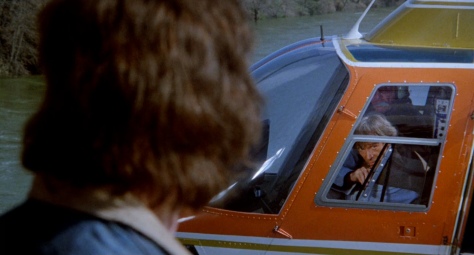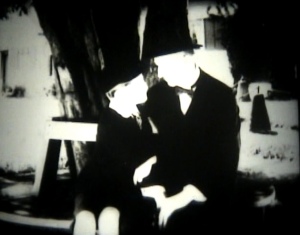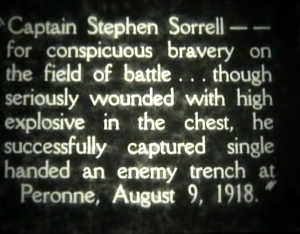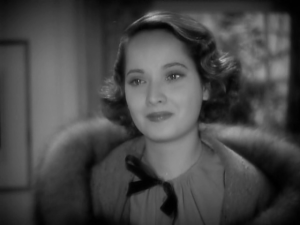RICHARD RUSH FOR THE STUNT MAN (1980)
The competition (Cliff: 5 for 5!)
Robert Redford for Ordinary People
David Lynch for The Elephant Man
Roman Polanski for Tess
Martin Scorsese for Raging Bull
NOTE: dark blue text denotes individuals who won Oscars for the film being discussed, while light blue indicates those who were nominated.
——————————————–
I can only imagine what it would have been like for Richard Rush to make The Stunt Man, a film that implicitly presents the director as divine figure. Peter O’Toole claiming to channel David Lean in his creation of Eli Cross, presents the director as something between God the Father and God the Son, both serenely shaping reality to his will and fervidly preaching to his followers to accept his vision. I got a lot of pleasure out the film’s subtle and not-so-subtle allusions to Cross’ divinity—his sudden descents into the world of the other characters via crane and helicopter, the effulgent beams of light that frame his appearance, his divine voice booming out over the landscape. However, what really expressed this theme was Rush’s own bag of filmmaking tricks, which continually reasserts the director’s total control over the reality we see. The carnage on the beach, which tricks the assembled onlookers, spells out as clearly as possible the unguessable design behind our perception of reality. Even after this pattern is set up, though, I found my viewing habits so strong that I fell time and time again for Rush’s sleight of hand—particularly the hidden segue from one aerial stunt to a completely different setup, fused together because they were cut as though inside Eli’s completed film. All apparent danger in the film turns out to be mere mischief conjured by Cross and Rush in tandem.



